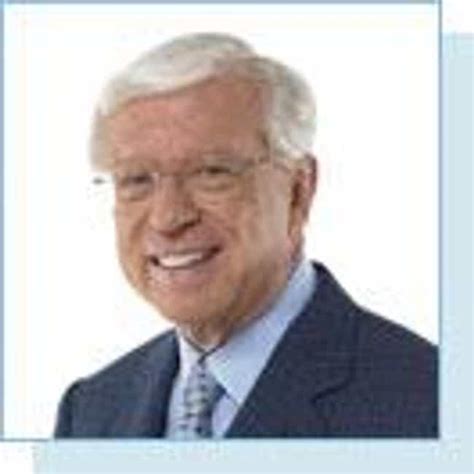A Quote by B. F. Skinner
Those few people who do respond to the dire conditions of the future - journalists, environmentalists, behavioral scientists - tend not to be powerful.
Related Quotes
The anger of the people in the Gaza Strip is mainly directed toward those who are responsible for the dire living conditions, for the occupation and the blockade. But, yes, for sure, as is the case everywhere, there are some who oppose the government. But they are very few compared to the close to 2 million inhabitants of Gaza suffering under Israel, the occupying power.
The government employs scientists of many varieties in technical capacities, from estimating the environmental toxicity of a chemical to the structural soundness of a bridge. But when it comes to forming policies, these scientists and, especially, behavioral scientists are rarely at the table with the lawyers and the economists.
Scientists are people of very dissimilar temperaments doing different things in very different ways. Among scientists are collectors, classifiers and compulsive tidiers-up; many are detectives by temperament and many are explorers; some are artists and others artisans. There are poet-scientists and philosopher-scientists and even a few mystics.
People often ask me why I persisted in doing research on a subject that was so controversial. I frequently respond by telling them that only a few scientists are granted the great fortune to pursue topics that are so new and different that only a small number of people can grasp the meaning of such discoveries initially.
A person who suffers from a character disorder frequently has significant behavioral or emotional problems that will almost certainly spell disaster for any marital relationships. One of the most difficult aspects of identifying people with character disorders is that they tend to be unusually charming. People with these kinds of disorders tend to lie, cheat, exaggerate, and take advantage of others.






































